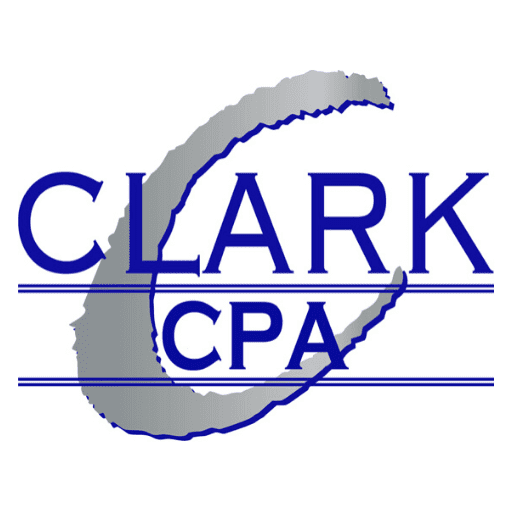In the new tax code styled as the Tax Cuts and Jobs Act, there are lots of new, eliminated or significant changes to existing deductions. The TCJA introduces new terminology for 2018 to go along with the enormous volume of actual tax code and regulation changes. One could argue that none is bigger to small business owners than the Qualified Business Income Deduction, aka QBI Deduction or simply QBID This article is intended as an introduction to the concept of QBID, not technical guidance. There is lots out there to read if you’re interested, but the first step is knowing this exists, if it applies to you, and knowing that if it does you really need to talk to your CPA about it.
QBI issues are complicated even by tax standards and a blog post cannot do more than touch the surface of the issue. The QBID is intended to provide a deduction to owners of pass through businesses equal to 20% of the income from the business. That being said, there are many cases where the deduction will be less, possibly down to zero, due to a variety of limitations and phaseouts for certain types of business owners. Planning for how to get the best QBI deduction for you could be a little like playing chess – you have to think ahead and realize that each move has potentially unseen consequences.
For example, if you’re in what’s called a Specified Serve Trade or Business (or SSTB), the deduction available starts phasing out when your taxable income hits $315,000 if you’re married filing jointly. Phaseout begins at $157,500 if you use any other filing status. Types of professions this applies to includes most professionals like doctors and attorneys, investment advisers, business consultants, insurance brokers, and yes even CPAs. As a result, if you’re in an SSTB, its very important to plan ahead if you want to maximize your QBI deduction.
If you’re in a business that is not an SSTB, then you may still have limitations dues to wages paid to employees, taxable income, and others. As with the above, most of our small business clients routinely seek to minimize payroll, and income generally. This could have unintended consequences given the opportunity that QBID provides to a business owner. The key, as with most things tax-related, is sound planning with a knowledgeable professional who invests the time to learn the code, learn your business, and be able to explain how it relates to you and your business.
For 2018 and onward under the TCJA, planning before year end is more important than ever since many of the factors that will drive QBI will be set at the end of the year and options to manage your taxable income later will be severely limited. Schedule a meeting with your CPA before year end while there’s still time to control the outcome. If you don’t have a CPA, there’s never been a more important time to hire a firm like Clark and Associates CPA PS that specializes in small businesses.


Recent Comments